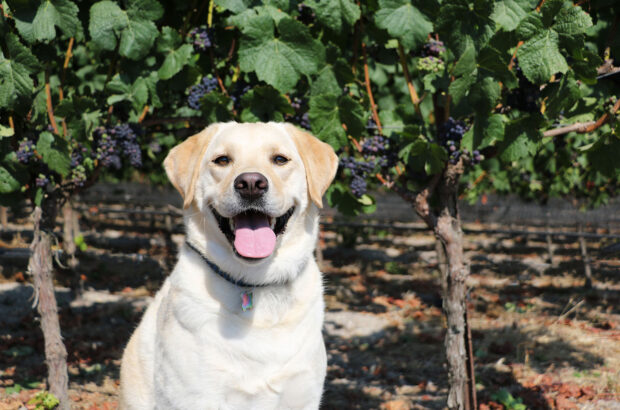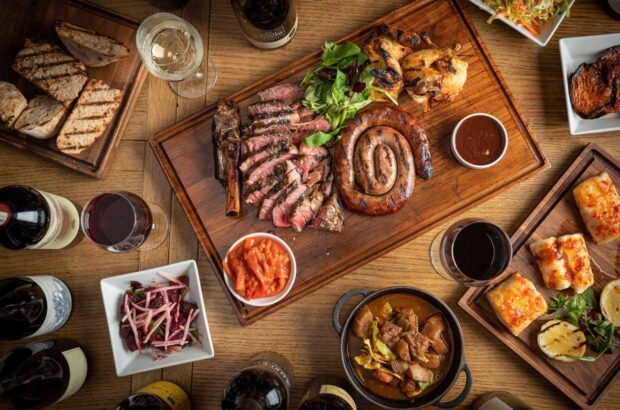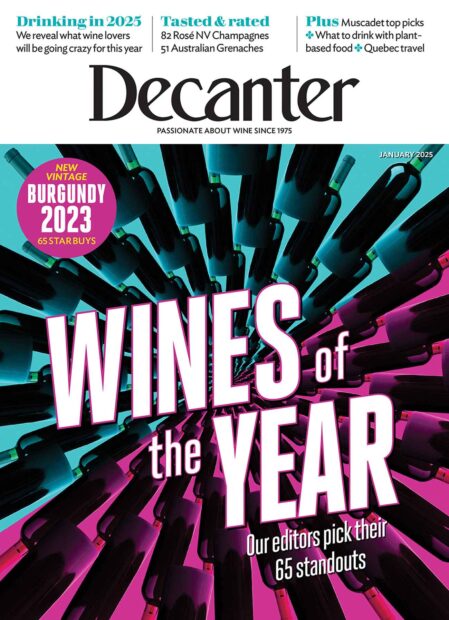Consumers’ interest in learning about wine is on the wane, according to a new report by Wine Intelligence. The new research reveals that wine drinkers’ span of wine knowledge is gradually decreasing and they are less interested in learning about grape varieties, wine styles and wine producing regions.
This trend can be seen most clearly in markets such as the US, Brazil, Germany and Australia, where wine knowledge among consumers has decreased between 2019 and 2021.
UK bucks the trend
The UK, however, bucks the trend and is the only major market to see an increase in the ‘wine knowledge index’, which measures consumer-reported awareness of wine-producing countries, wine-growing regions and wine brands.
‘The wine industry has undoubtedly helped consumers to feel more confident both navigating and enjoying wine, without the need to bring with them an encyclopaedic knowledge,’ says Wine Intelligence’s CEO Lulie Halstead.
‘Wine consumers are being helped by the fact that many of today’s wine labels are both visually appealing and highly successful at explicitly communicating the flavours and tastes inherent to a particular brand,’ she adds.
In contrast to these findings, the report also states that consumer confidence with wine remains stable, which means that instead of relying on wine knowledge to inform their buying decisions consumers are taking their wine-buying cues from elsewhere.
Cognitive offloading
‘A significant contributing factor is ‘cognitive offloading’, says the report. ‘While wine knowledge is being accessed, it is not necessarily being retained, leading to an overall reduction in retained consumer wine knowledge. The wealth of online sources of wine information, easily and rapidly accessible via a smartphone, are enabling buyers to purchase with confidence, without the need to retain hard facts.’
Halstead says that an increasing number of consumers want to quickly access information on the go and eschew deep dives into winemaking stories in favour of simple messaging and layered information. ‘Confidence has become uncoupled with knowledge in recent years, creating a more inclusive wine category – a key necessity if it is to retain market share against challenges from craft beer and RTDs,’ she says.







